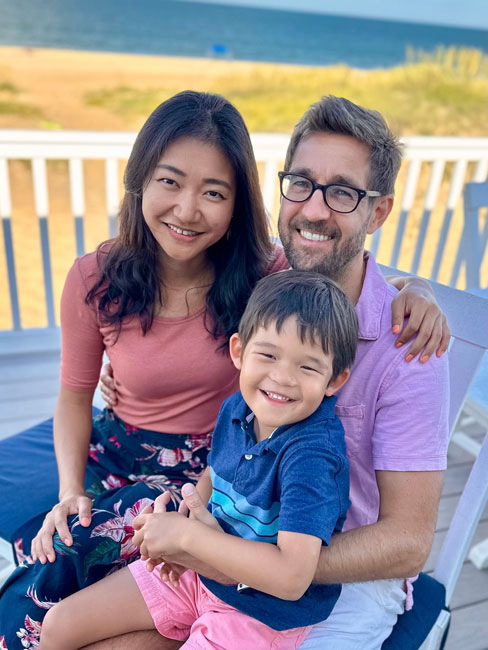Prompt postpartum care saves a baby’s life
When a newborn was diagnosed with meningitis, a life-threatening infection of the spinal cord, timely testing and care made all the difference.
Watch Kai’s story about how a standard postpartum visit helped prevent potential long-term brain damage.
First-time parents Qinwei “Vivi” Xie and Matt Kukla were ready to start enjoying their new life as a family with their baby, Kai.
But at a 3-day-postpartum checkup, nurses discovered Kai had a fever. Tests showed it was due to meningitis, an infection of the fluid surrounding the spinal cord or brain.
“Babies who get meningitis, if they’re not treated promptly, can get very sick very quickly,” explained Lois Chiu, MD, chief of neonatology for Kaiser Permanente in Hawaii.
“Babies can die from meningitis. Or if they don’t die, they can have long-term neurological problems that we may not ever be able to fix.”
‘They saved our baby’s life’
The doctors told Xie and Kukla that a delay of just 12 hours might have completely changed Kai’s outcome.
“Meningitis is a serious illness and the decisions they made and the treatment they gave were so fast and so right — it saved our baby’s life,” said Xie, who is a Kaiser Permanente employee. “We’re so thankful that they turned around this scary moment.”
Kai’s story illustrates the importance of timely maternity and pediatric care. Kaiser Permanente recommends a postpartum visit for all newborns within 3 to 5 days after birth. In fact, we’re a national leader in delivering prompt postpartum care, according to the National Committee for Quality Assurance 2023 HEDIS (Healthcare Effectiveness Data and Information Set) ratings.
Today, Kai is healthy and thriving.
“He's fluent in both Mandarin Chinese and English,” said Xie. “He loves munching on yummy food and going on adventures with his friends and family. Everywhere he goes, he spreads joy with his bubbly personality.”
“Sometimes I will wake up and look at Kai and the life that we now have, and it’s easy to forget just how severe his condition was,” said Kukla. “Had we not had some of the best, most highly trained physicians, Kai’s outcomes would have been very different.”
-
Social Share
- Share Prompt Postpartum Care Saves a Baby's Life on Pinterest
- Share Prompt Postpartum Care Saves a Baby's Life on LinkedIn
- Share Prompt Postpartum Care Saves a Baby's Life on Twitter
- Share Prompt Postpartum Care Saves a Baby's Life on Facebook
- Print Prompt Postpartum Care Saves a Baby's Life
- Email Prompt Postpartum Care Saves a Baby's Life

May 19, 2025
A champion for healthy motherhood
As an Olympic athlete, Shannon Rowbury fought for better maternity policies. …
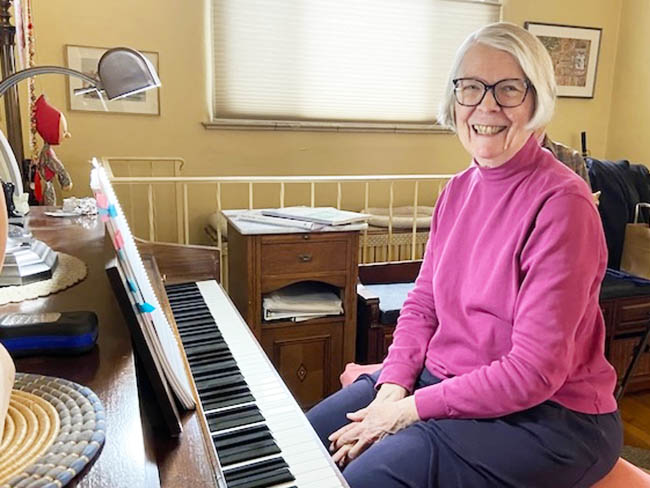
May 19, 2025
Member praises 50 years of collaboration with care teams
Karen Hansen’s doctors and clinicians have partnered with her to customize …

May 7, 2025
How to cope with anxiety after childbirth
As a new mother, Cherissa Ong was overwhelmed by stress. A mental health …

May 6, 2025
Best maternity hospitals: We have 29 of them
Our high-quality, compassionate care landed us on Newsweek’s 2025 list …

April 30, 2025
From fighter to father: How addiction care changed his life
Travis Taylor has substance use disorder and mental health conditions. …

March 27, 2025
Living proof: Colon cancer highly treatable if caught early
There is an alarming rise in colon cancer rates among younger adults. Cynthia …

March 7, 2025
High blood pressure during pregnancy is on the rise
The keys to preventing cardiovascular conditions during pregnancy are knowing …
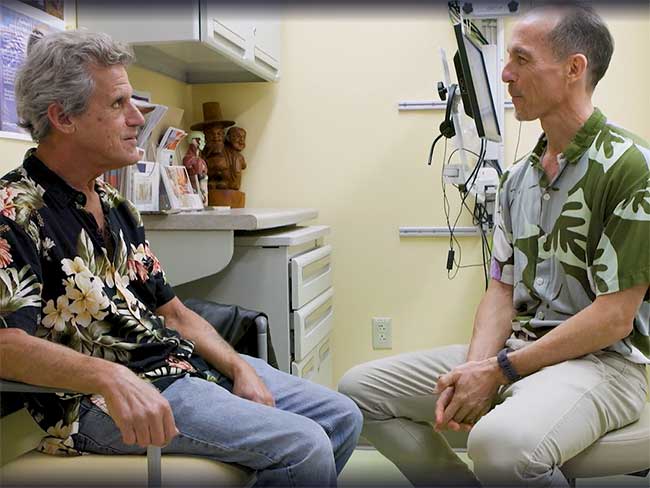
March 7, 2025
Kaiser Permanente in Hawaii cures 1,000th patient with hepatitis C
The milestone highlights its Viral Hepatitis Clinic's crucial role in addressing …

March 5, 2025
6 definitive traits of a middle child
Parade
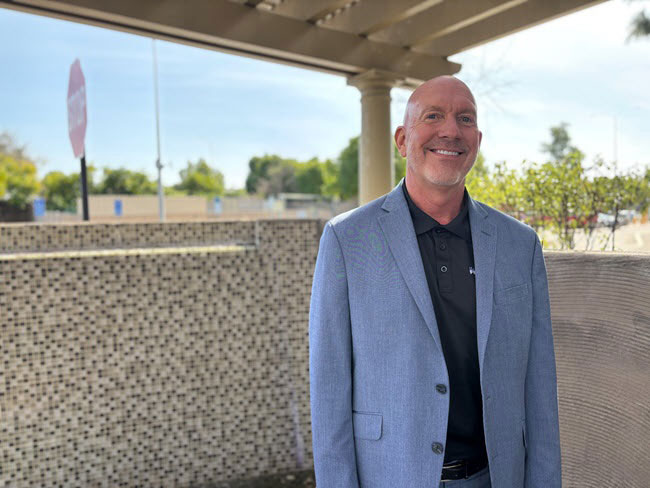
February 27, 2025
‘The heart attack that saved my life’
A sudden heart attack led Mark Twichel to seek care at Kaiser Permanente …

February 26, 2025
Colon cancer: Do you need to be screened?
If you’re age 45 or older, getting checked regularly for colorectal cancer …

February 18, 2025
I just need a chance
Billy Cardosi spent his life putting his family and job first. Then a heart-rela …

February 14, 2025
A fulfilling life on the other side of ovarian cancer
As a wife and a mother, Autumn Gray was determined to beat cancer to be …

February 4, 2025
What is therapy, anyway?
At Kaiser Permanente, our care is personalized for each patient's mental …

January 22, 2025
A preteen overcomes anxiety and suicidal thoughts
A young Kaiser Permanente member speaks up to gain the mental health support …
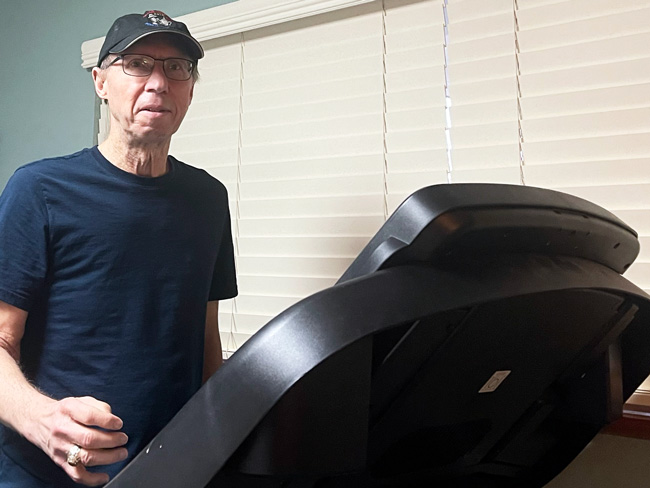
January 15, 2025
After surgery, home was where his heart was
Virtual cardiac rehabilitation offers Mike Erskine a convenient, safe way …

December 30, 2024
Fit and thriving: Inspiring students at school
Kaiser Permanente and Los Angeles Football Club are committed to building …

December 27, 2024
Our California health plans are honored with top ratings
Kaiser Permanente receives 5 out of 5 stars for overall quality of care …

December 26, 2024
How telehealth can make life easier for people with cancer
Virtual care connects cancer patients like Rob Tufel to a wide range of …

November 26, 2024
How to reduce your risk of stroke
A Kaiser Permanente doctor and researcher shares the simple changes you …

November 18, 2024
The power of early detection and proactive men’s health
A father's determination to stay healthy for his 3 children led him to …
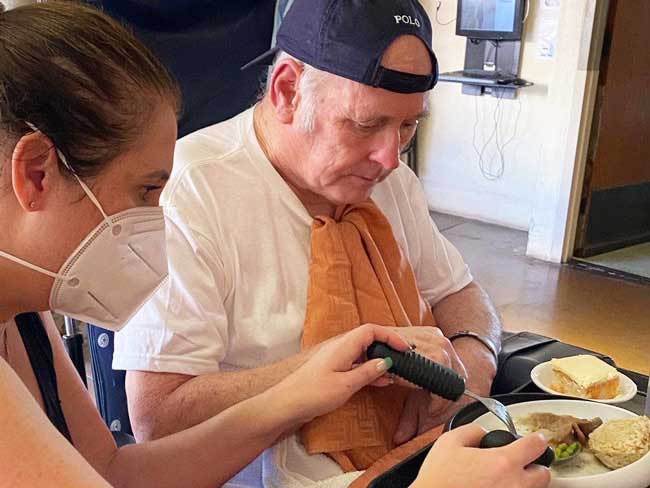
November 13, 2024
Self-care for caregivers matters: Here’s why
A sharp increase in rates of adult caregiving is taking a mental and physical …
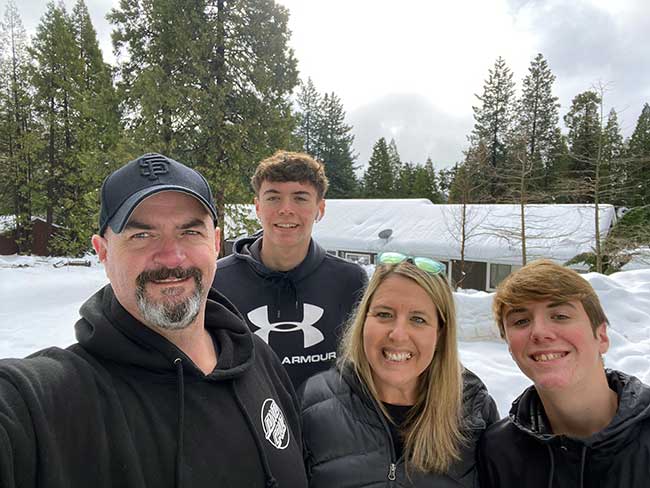
November 12, 2024
Surviving lung cancer as a nonsmoker
As a lifelong nonsmoker, Mariann Stephens was shocked to learn she had …

October 29, 2024
That’s not tennis elbow
A Kaiser Permanente physician thought he pinched a nerve during a tennis …

October 18, 2024
Hidden hazards of Halloween
Expert tips to ensure your little ghosts and goblins stay safe this Halloween, …
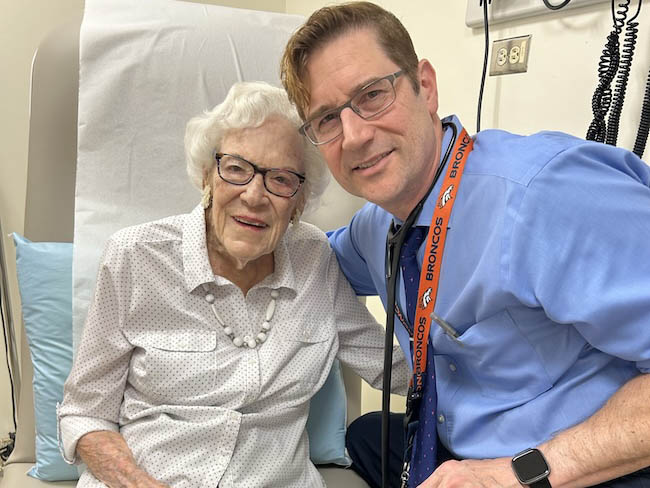
October 15, 2024
107-year-old member credits Kaiser Permanente for longevity
Bettye Garrett’s personal doctor says her healthy perspective on life’s …
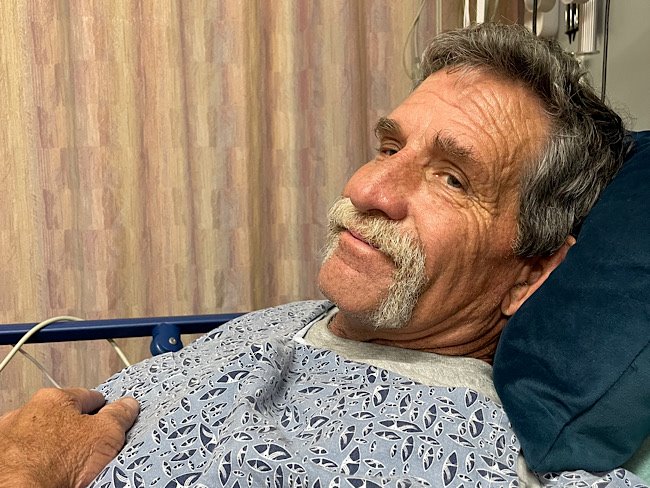
October 8, 2024
It started with a bad feeling
In August 2023, John Lynn collapsed at work. For the next year, he fought …

October 4, 2024
Teacher learns about herself and how to live with anxiety
A lifelong educator seeks behavioral health care to manage repetitive worries, …

October 1, 2024
From depression to connection: Older adult finds her way
After a long period of loneliness and isolation, Roberta Maguire gets the …

September 23, 2024
Meet KP Plus — Washington’s new large-group health plan of choice
This innovative plan more affordably adds choice and flexibility to Kaiser …

September 20, 2024
Ovarian cancer journey confirmed nursing student's calling
Miriam Gutierrez was diagnosed with late-stage ovarian cancer at age 31. …
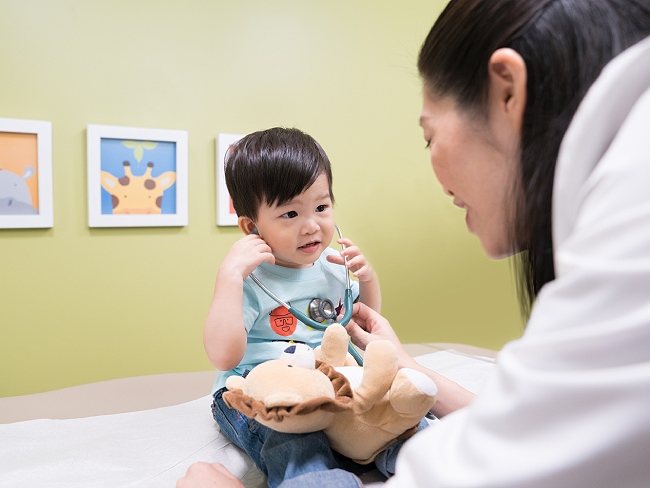
September 18, 2024
More than 100 ‘Top Docs’ recognized in Washington state
Kaiser Permanente celebrates doctors and nurse practitioners recognized …

September 17, 2024
A Latina’s voice in mental health is impactful with her clients
Connecting through a shared heritage gives one therapist a unique perspective …

September 17, 2024
Playing on after 2 decades of cancer care
With the support of his health care team and nurse navigator, musician …

September 17, 2024
Groundbreaking at new medical offices in Pueblo
The new Pueblo North Medical Offices will replace the existing facility …

September 6, 2024
Navigating a world turned upside down after heart failure
After a life-threatening series of heart attacks at age 57, Bunnell Fockler …

August 29, 2024
After Stage 4 ovarian cancer, she’s still going strong
Donna Budway received prompt surgery followed by chemotherapy. She credits …
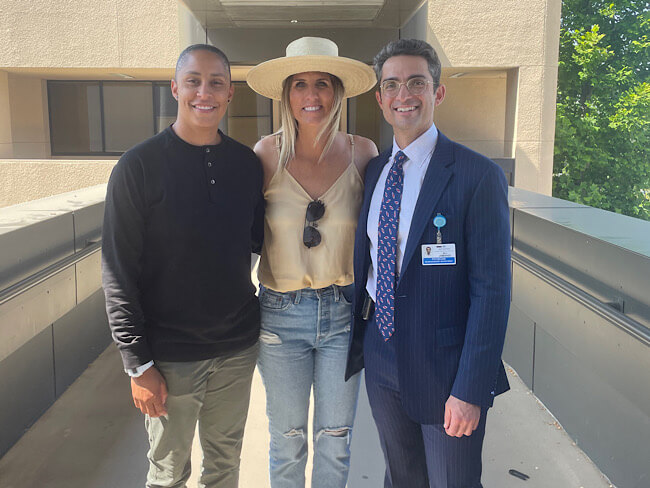
August 29, 2024
Neurosurgery and a deep, enduring doctor-patient relationship
A basketball coach’s remarkable story of undergoing brain tumor surgery …

August 28, 2024
Making breastfeeding work: A second-time mom’s journey
Support from a dedicated care team helps Tiffany Anonye breastfeed her …
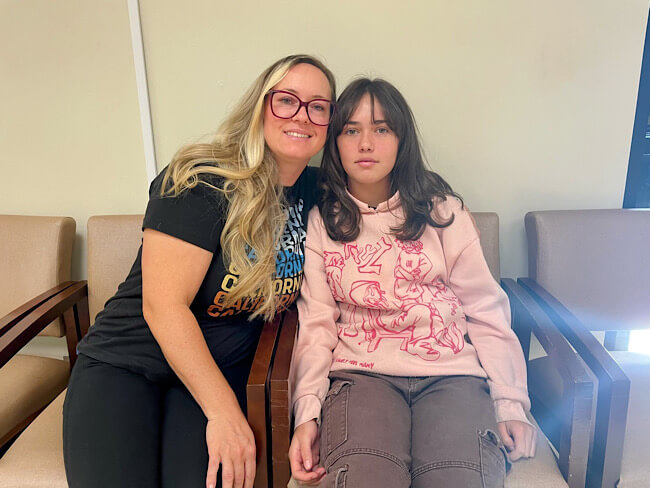
August 27, 2024
From sore throats to ice cream floats
A mother and daughter share a special bond after undergoing tonsillectomies …

August 15, 2024
Back home one day after heart surgery
Ed Dalmasso needed an aortic valve replacement. His care team provided …

August 6, 2024
For a father with prostate cancer, knowledge is power
Harold Newman had advanced prostate cancer. Genetic testing helped expand …

August 1, 2024
Kaiser Permanente tops Colorado ‘Top Doctors’ list
5280 Magazine named 332 Kaiser Permanente physicians to its annual Top …

July 18, 2024
Easy school lunch and snack tips
Ideas for healthy, delicious, and hassle-free snacks and lunches to keep …

July 17, 2024
4 parent tips for back-to-school success
The start of the school year can bring up different emotions for children …
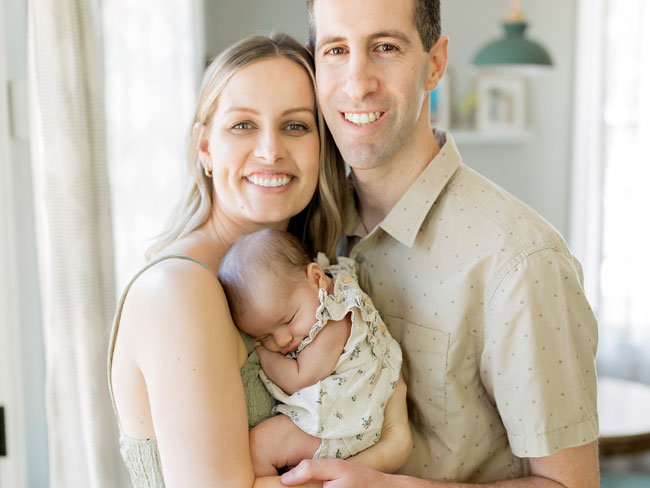
July 11, 2024
Expecting parents find community and support in group visits
Maureen McLoughlin’s experience with care in a group setting gave her the …

July 11, 2024
Transforming education and mental health in Watts
Our investment in the Watts neighborhood of California, in partnership …

July 10, 2024
We help members lower their risk of heart attacks and strokes
A Southern California program, powered by our connected care model, is …
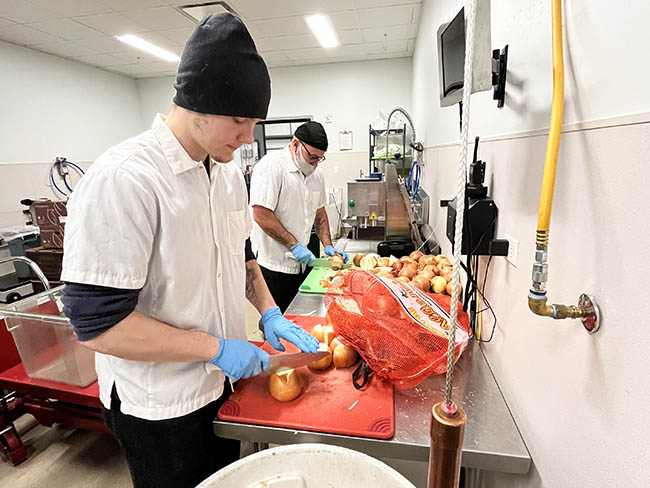
July 10, 2024
Grant to help make school lunches healthier for kids
Chef Ann Foundation will use $275,000 grant for Colorado program to convert …

July 9, 2024
Antiaging skin care … for kids?
Kids as young as 9 are using antiaging products. A Kaiser Permanente dermatologi …
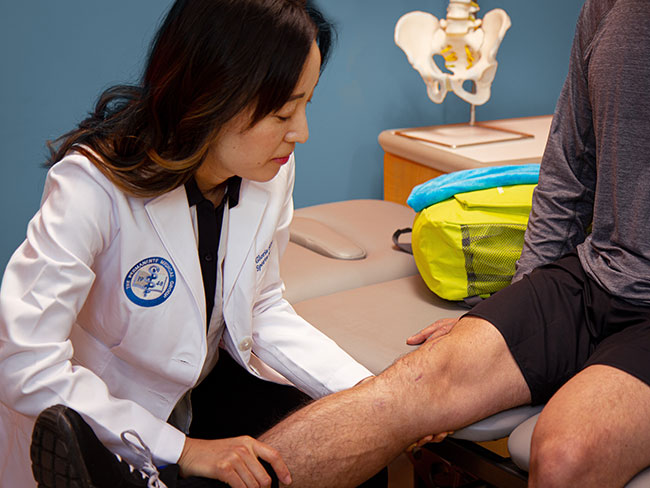
July 8, 2024
Medical device tracking improves patient care
We track performance and safety to improve care for our members. We share …
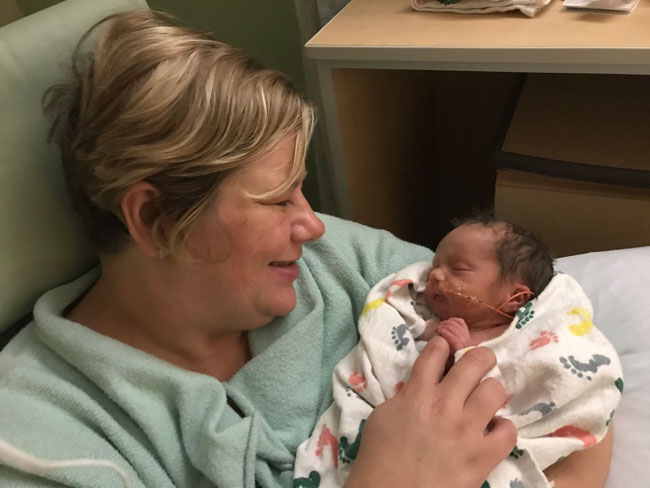
July 2, 2024
Best maternity hospitals: We have 29 of them
Our safe, high-quality, compassionate care landed us on Newsweek’s America’s …

June 28, 2024
Operation Splash makes a splash for safe summer fun
Kaiser Permanente is making waves this summer, ensuring that communities …
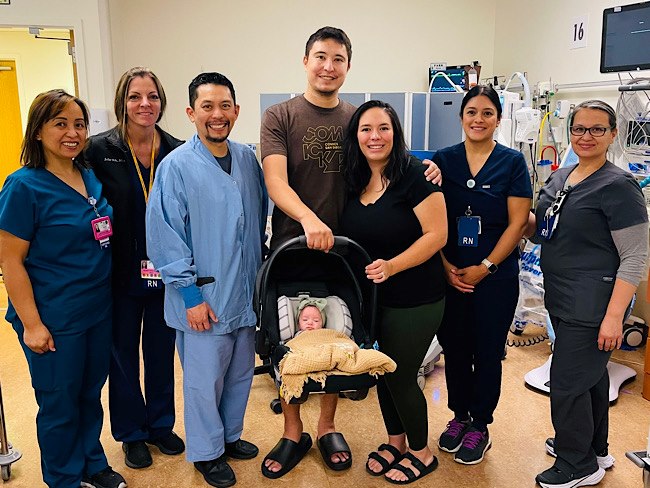
June 17, 2024
That’s a lot of babies!
Delivering multiple babies is difficult, but Kaiser Permanente care teams …

June 13, 2024
Conquered 2 cancers while climbing mountains
Chris Hogan faced kidney cancer and prostate cancer at the same time. He …

May 31, 2024
Stage 4 lung cancer: A story of hope
A young father is enjoying “bonus time” with his kids thanks to new targeted …

May 31, 2024
Inspiring students to take charge of their health
Kaiser Permanente and the Los Angeles Football Club will launch the second …

May 21, 2024
Surviving stage 4 lung cancer with immunotherapy treatment
Patients like Carol Pitman are living longer thanks to advances in lung …

May 10, 2024
Self-care is key for new parents
Feeling emotional or overwhelmed after a new baby’s arrival? You’re not …
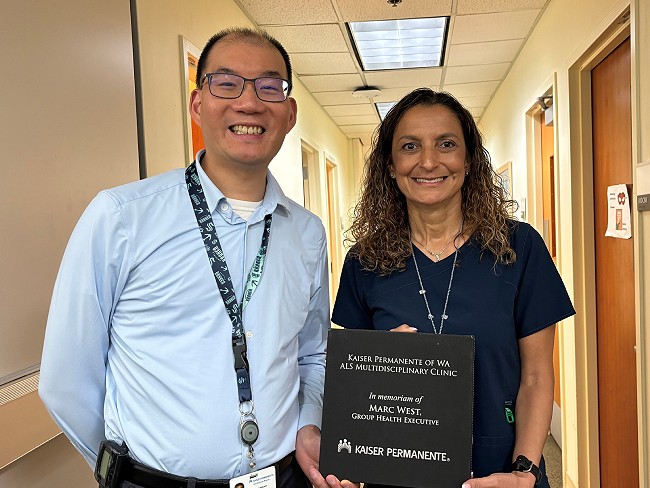
May 1, 2024
Tacoma ALS clinic recognized for high-quality care
Patients with amyotrophic lateral sclerosis, also called Lou Gehrig’s disease, …

April 23, 2024
We’re rising up to help prevent falls
Kaiser Permanente is committed to finding ways to help reduce falls in …

April 12, 2024
It’s time to address America’s Black maternal health crisis
Health care leaders and policymakers should each play their part to help …

April 10, 2024
For a new mom, talking about her worries helped her heal
One in 5 people experience depression, anxiety, or other mental health …

April 9, 2024
Denver Fire Department annual blood work screenings triple
It’s easy to put off recommended health screenings, and sometimes even …

April 8, 2024
Reducing inequity with fruits and vegetables
Black Americans experience worse health outcomes compared to other populations. …

April 1, 2024
Lynch syndrome: Managing the risk of hereditary colon cancer
Lynch syndrome is a gene mutation that increases colon cancer risk. Learn …

March 29, 2024
Faster recovery: From cardiac scare to exploring Italy
Virtual cardiac rehab helped Mike Kelly heal at home after a life-threatening …

March 20, 2024
Life after cancer: Surviving and thriving
A healthy life after cancer is possible. Learn how Kaiser Permanente helps …

March 14, 2024
Healthy kidneys support overall good health
Kaiser Permanente excels in preventing, detecting, and treating kidney …

March 14, 2024
Midwife offers personal care for mom facing complications
For Sam Beeson, having a midwife at her side during her pregnancy helped …
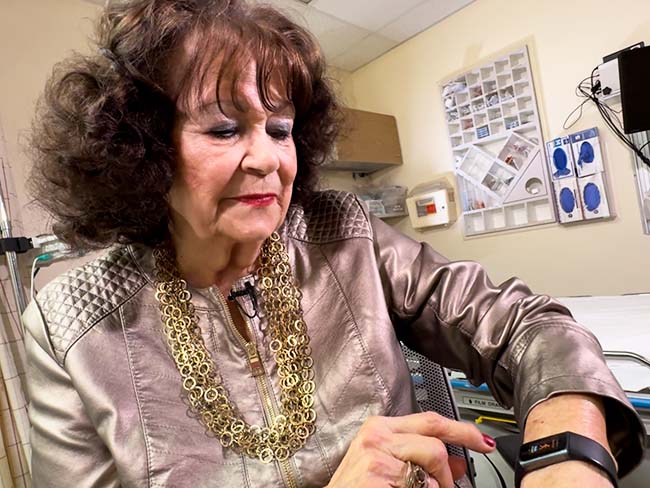
March 12, 2024
In-home recovery restores harmony to life
Colorado musician back with the band thanks to new virtual cardiac rehab …

March 5, 2024
Researchers look for ways to find pancreatic cancer early
Early detection of the disease, before it becomes advanced, will increase …

February 22, 2024
The journey of a lifetime
Care teams at Kaiser Permanente Fontana Medical Center helped Phillip Crawford …

February 21, 2024
From planning his funeral to celebrating his wedding
Gabriel Abarca had no hope for his future. Then the team at Kaiser Permanente …

February 21, 2024
Recovering at home after a double mastectomy
Innovative surgical recovery program helps breast cancer patients safely …

February 1, 2024
Take a break from cannabis while expecting, study suggests
Research shows that marijuana use during pregnancy increases health risks …

January 17, 2024
How diabetes can affect your heart
People with diabetes are more likely to have heart disease.

January 17, 2024
International recognition affirms our superior care
The Kaiser Permanente South Sacramento Medical Center becomes our 11th …
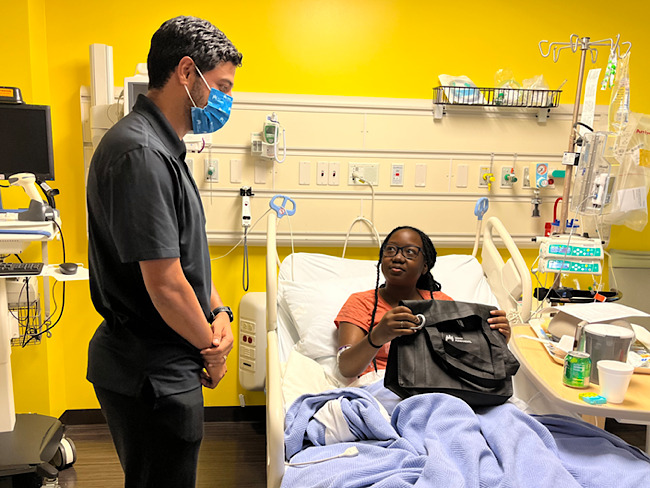
January 12, 2024
Cheering up hospitalized children
Los Angeles Football Club player Carlos Vela brings joy to Kaiser Permanente …

January 10, 2024
‘You don’t know unless you ask them’
Kaiser Permanente’s Patient Advisory Councils help us create exceptional …

December 19, 2023
Determined to drop the weight and stop the cycle of diabetes
Following a COVID-19-related hospital stay, Robert DeLeon took charge of …
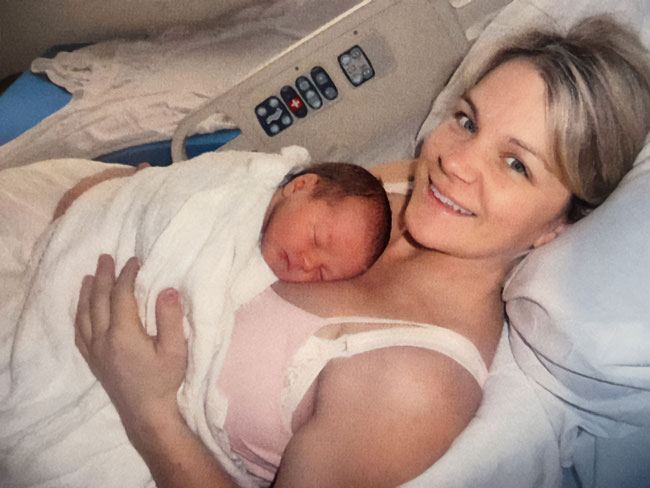
December 15, 2023
Family-centered care, through pregnancy and beyond
Members experiencing a low risk pregnancy have the option of having their …

December 15, 2023
Building healthy communities through play
Kaiser Permanente teams up with Los Angeles Football Club to build 5 futsal …

December 8, 2023
Inspiring a Wave of Wellness with youth
Kaiser Permanente and San Diego Wave Fútbol Club educated San Diego youth …

December 6, 2023
Video prenatal visits are a boon for a busy working mom
A new care option offers a mix of in-person and virtual visits, supported …

December 1, 2023
Surviving — and thriving — after cancer
From diagnosis to recovery, David Parsons, MD, shares how screening, treatment, …

November 15, 2023
Spreading the truth about flavored tobacco and youth vaping
A youth vaping curriculum is making a difference.

October 27, 2023
Nearsightedness in kids: Taking a closer look
Nearsightedness, also known as myopia, is on the rise. To reverse that …

October 25, 2023
Critical care and support for our youngest patients
In Oregon, specialists and parents come together to design a specialized …

October 25, 2023
Breast cancer during pregnancy: Caring for mom and baby
A team of specialists treats an expecting mother’s cancer while keeping …

October 24, 2023
Childhood anxiety: What parents need to know
A child and adolescent psychiatrist shares tips on supporting your child …

October 23, 2023
A renewed sense of purpose after surviving breast cancer
Joy Short, a Kaiser Permanente member and employee, turned her breast cancer …

October 3, 2023
Nursing excellence recognized at Fontana Medical Center
The prestigious Magnet® designation affirms the compassion, dedication, …

September 19, 2023
Is telehealth right for you?
Members give video visits high marks — and with a few simple tips, you …

September 18, 2023
Highest-rated everywhere we serve
Our health plans are again rated among the nation’s best for overall treatment, …

August 17, 2023
Cancer research: The role of immunotherapy
Research and clinical trials play a vital role in advancing cancer treatment …

August 16, 2023
Cervical cancer screening: Exploring the at-home HPV test
Kaiser Permanente is at the forefront of cervical cancer research. Find …

August 14, 2023
Tips for ensuring a safe and healthy college experience
Students should study up on their care options to ace their school experience. …

August 14, 2023
Marla’s story: Surviving acute promyelocytic leukemia
After a diagnosis for a rare type of blood cancer, Marla Marriott got high-quali …

August 10, 2023
Successfully navigating the school year
These tips from Don Mordecai, MD, Kaiser Permanente’s national mental health …
